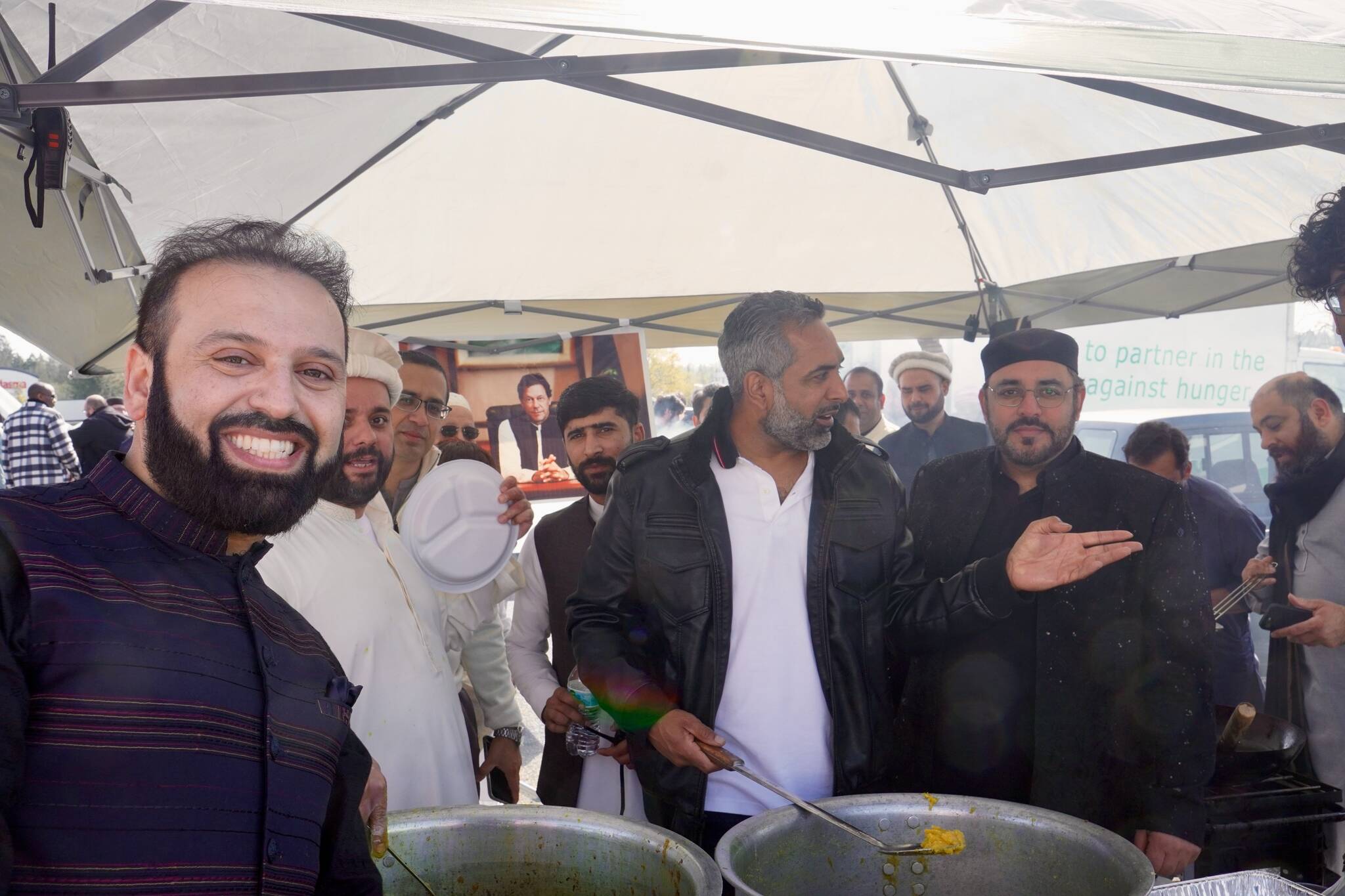Muslims can now enjoy meat without the worries of being lied to about its halal status, and if there is deception, sellers can legally face the consequences.
District 30 State Sen. Claire Wilson was among the lead sponsors for the new Halal Food Consumer Protection Act. Wilson teamed up with local members of the Islamic Center of Federal Way to sponsor the bill, which was signed into law on March 25. The bill makes it illegal for people to knowingly prepare or sell foods falsely described as halal.
Halal is an Arabic word that translates to “permissible,” and is a practice of processing and preparing foods in accordance with Islamic dietary laws.
The Islamic Center of Federal Way liason Muhammad Nazeer said the process of making meat halal while killing an animal is simple, but very important. For Muslim people, if the meat is not prepared halal, it is not permissible for them to eat. He said it’s the same as protection for Kosher foods enjoyed by Jewish people upholding religious law.
“Right before you cut it, you just bless it. It’s just simple words. You start with, ‘In the name of God, who is great and merciful,’ that’s it, that’s all you say,” said Nazeer. “[Then] you cut it from the jugular vein, and it becomes halal. For example, you cannot kill the animal like in some places where they shoot the cow in the head, and then they cut it. That is not permissible. In some places, they put chickens through hot water, and that is not halal. It has to be cut from the jugular vein.”
A March 26 news release from Sen. Wilson detailed that this bill was partly driven by halal foods being priced higher than their non-halal counterparts, incentivizing sellers to knowingly misrepresent foods as halal.
Before this, Nazeer said there were no consequences for people who were selling fake halal meat, taking advantage of the higher prices, and there had been people deceiving the Muslim communities with fake halal meat.
Nazeer said that locally, there were people who were selling meats and foods and labeling them as halal to sell to Muslims. Nazeer said some people were even selling pork and saying it was beef or another meat. Although beef is permissible if it’s halal, pork is never permissible for Muslims.
Despite this being a significant violation for Muslims, Nazeer said when these things happened in the past, there were no consequences for selling fake halal meat. Nazeer said for Muslims, eating meat that is not halal can cause a mix of emotions.
“It is a bad taste in their mouth, and of course guilty feeling, and feeling betrayed, and cheated. There’s nothing you could have done before, but now there is protection if you know someone cheated you. You can always file a complaint, and there is protection from the state,” Nazeer said.
Nazeer said that because he represents many Muslims in Washington, when he spoke with Wilson, she asked him what he would like to see for the 80,000 to 100,000 in the Washington Muslim community. His first idea was an Islamic cemetery, his second was an Islamic Community Center, and his third was a halal food protection bill, which ultimately came to fruition.
Although Nazeer has lived in Washington state for 25 years, he said it wasn’t until three or four years ago that he started getting involved with local politics. Before then, he thought this bill would never happen because people weren’t educated enough about laws and that a law could happen. Moving forward, Nazeer said he wants to keep helping the community, and he hopes to have some interfaith dialogue with churches and synagogues.


